
Donating to charity feels good, but not every item belongs in a donation bin. Well-meaning contributions create more hassle than help for organizations that manage them when discarded. So, check this list before you drop off a box at your local shelter or thrift store. It’ll save everyone time and ensure your generosity supports those who need it most.
Stained Bedding Sets

Spotted pillowcases and pilled sheets don’t display comfort. Shelters prioritize hygiene, and anything visibly worn gets rejected immediately. Most organizations only accept new or gently used linens. Bedding should reflect dignity and remind someone they deserve care, even in difficult moments.
VHS Tapes And Cassette Collections
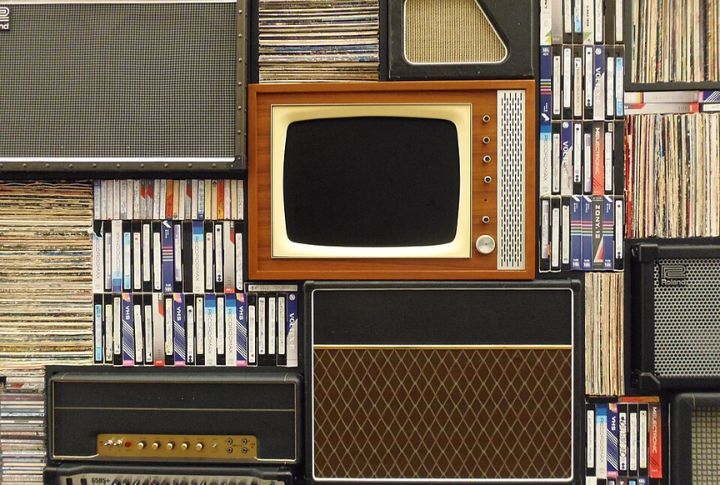
Unless you’re donating to a time traveler, don’t bother. Outdated media formats like VHS and cassettes are useless to most organizations. Playback devices are rare, and even thrift stores avoid stocking Jurassic technology. Libraries pass, too. Your best bet? Recycle them responsibly.
Expired First Aid Supplies

A six-year-old box of gauze won’t heal wounds, but it’ll raise eyebrows. Expired medical articles are unsafe and often illegal for organizations to distribute. Adhesives fail, and antiseptics degrade, turning your donation into a liability.
Corporate Conference Lanyards
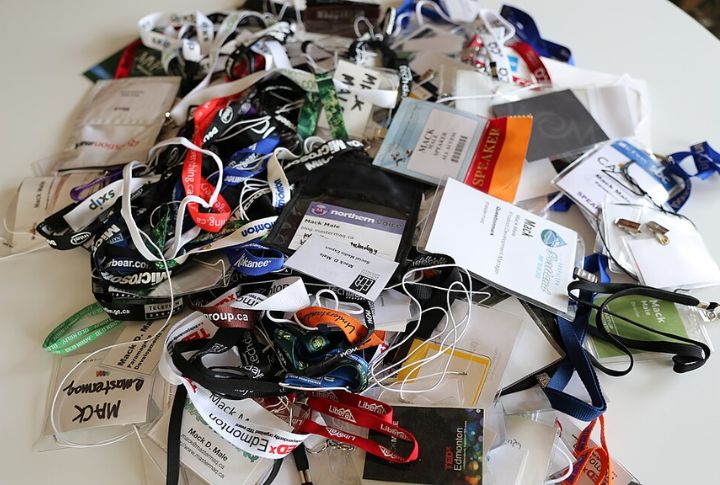
Name badges from your 2014 tech summit offer no value to nonprofits. Branded lanyards and tags with someone else’s name can’t be reused or repurposed. These belongings clutter storage and distract from real needs. Keep the mementos if you must; skip calling them donations.
Single Socks
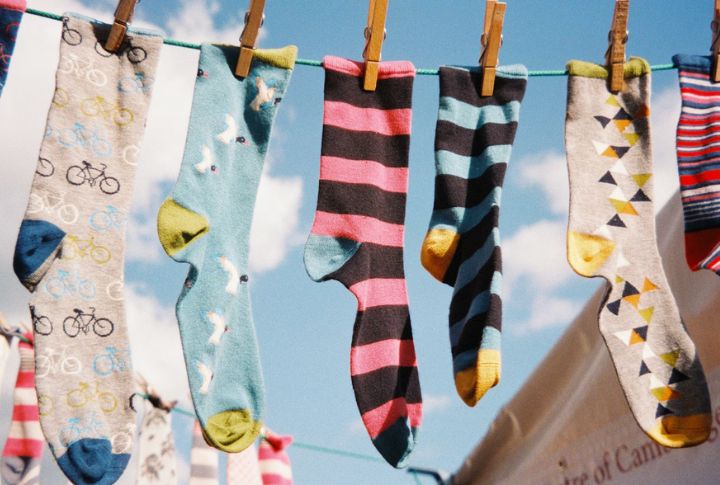
One sock won’t warm a foot or solve a problem. Without its mate, it’s unusable. Shelters rely on complete, clean pairs to help people stay comfortable. While solo socks might be repurposed for crafts, they can’t serve their original purpose in a donation setting.
Half-Used Cleaning Products
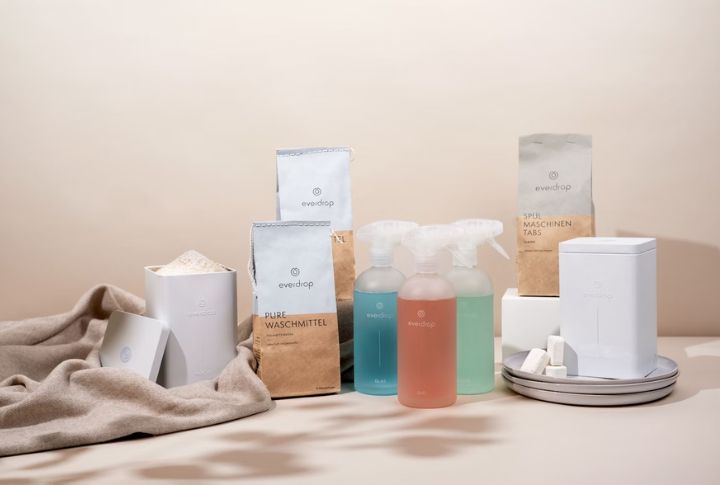
That open bottle of lemon-scented bleach doesn’t belong in a donation center. Most facilities can’t risk chemical exposure or contamination, and cleaning products, once opened, become hazardous. Instead of passing the problem along, contact a local recycling center for safe and proper disposal.
Cracked Mugs And Chipped Plates
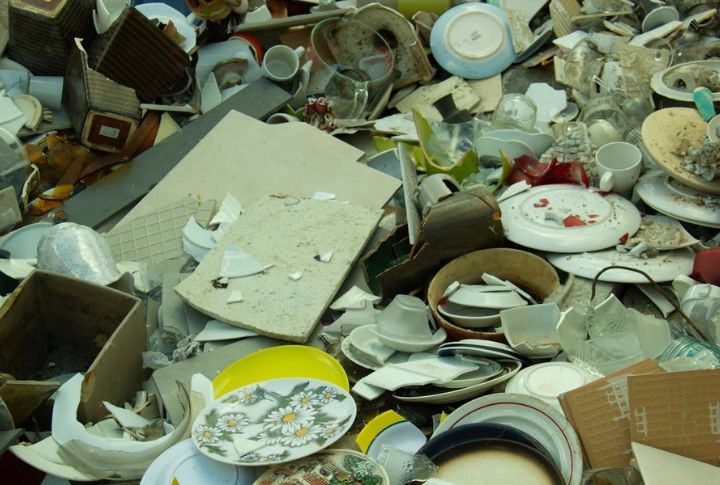
Serving food on damaged dishware isn’t just tacky; it’s also risky. Cracks harbor bacteria, and sharp edges can hurt people. Charities avoid handing out things that could injure recipients. If it failed your last dinner party, don’t assume it belongs in someone else’s kitchen.
Luggage With Broken Wheels
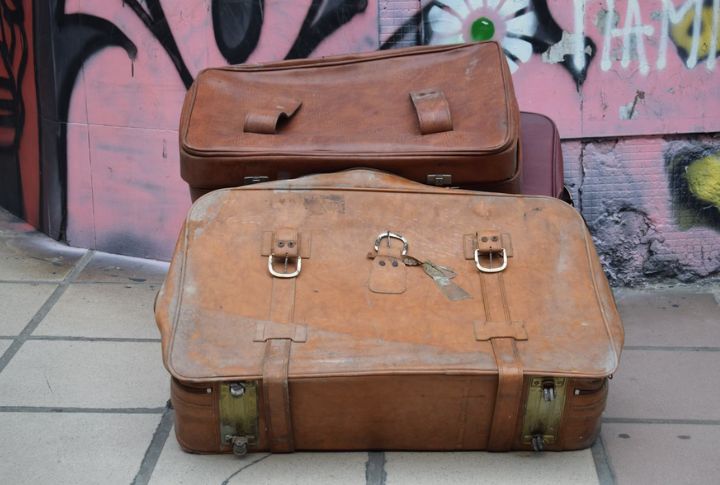
Dragging a suitcase without wheels turns mobility into misery. For people who rely on donated bags to carry their essentials, ease of use matters. Broken zippers and snapped handles don’t help anyone. Only donate luggage that is functional and ready for daily use.
Dated Holiday Decorations

Valentine’s bears with missing eyes or 2009 New Year hats? Hard pass. Seasonal articles like these usually end up collecting dust in storage. When donations look like forgotten junk, they make people question the value of giving. Skip the clutter and spare the shelf space.
Bulk Trinkets
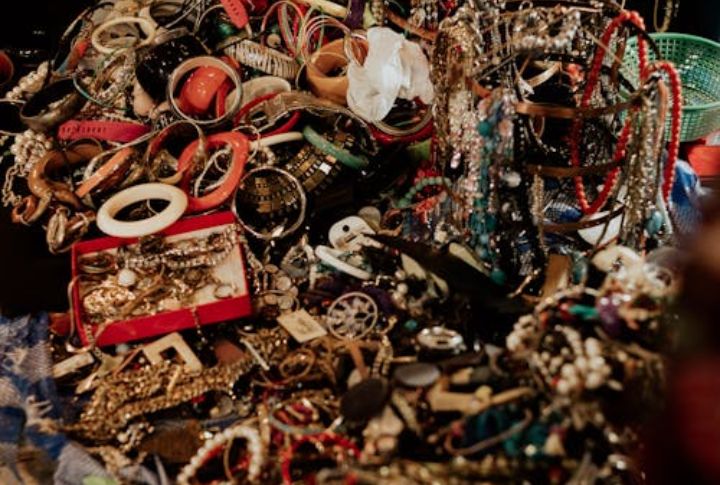
Three hundred keychains from a dental expo won’t help anyone in a shelter. Leftover promotional items from past events take up space and slow down sorting. Bulk donations only help when they’re useful—think soap or socks, not plastic puns from old conferences.
Stained Or Torn Clothing

Clothes with stains or holes aren’t helpful to anyone. Donation centers don’t have the time or resources to clean or fix them. Goods offered should be ready to wear and in good condition. Donating damaged clothing shifts the burden onto someone else.
Custom belongings
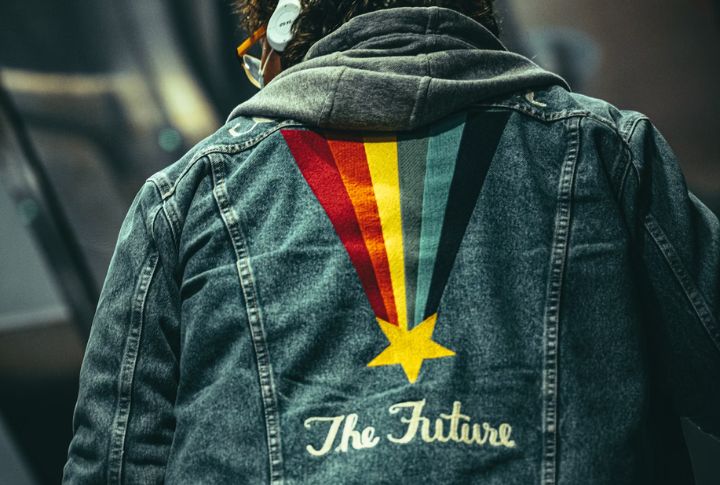
Monogrammed towels and custom jackets rarely benefit others. These items can’t be resold and often feel awkward to receive. Stick to neutral, unbranded goods like generic household goods. If something is outdated or overly personalized, skip the donation and shred it instead.
Open Board Games With Missing Pieces

Three pawns, no dice, and half the cards? That’s a puzzle no one wants to solve. Games need all parts intact to entertain. Otherwise, they’re just frustrated in a box. Sorting through incomplete sets wastes time that is better spent helping people.
Decorative Soap Bars
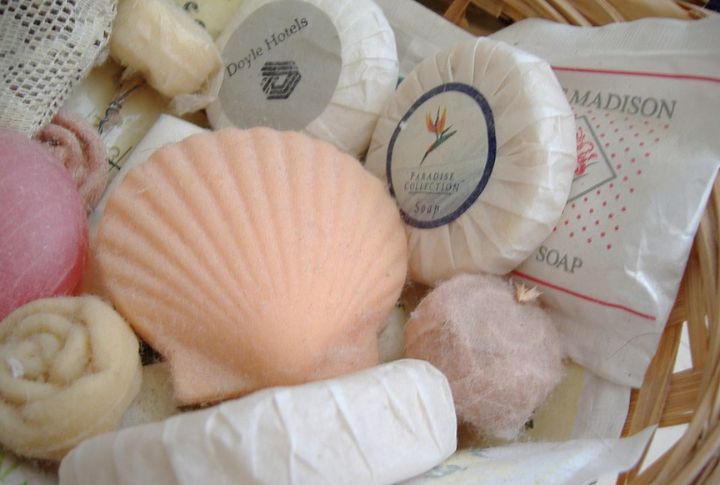
That seashell-shaped soap may look charming, but it often melts into a mess or gathers dust. Decorative toiletries rarely meet real needs. Shelters depend on practical hygiene essentials like bar soap or sealed toothpaste, while ornamental extras offer little or no benefit.
Used Makeup And Skincare

Donating half-used beauty products from 2017 isn’t generous—it’s unsanitary. Used makeup can harbor bacteria, which nonprofits can’t risk. Only unopened, sealed items are safe to share. So, skip donating that old concealer and toss it in the trash instead—it’s safer for everyone.
Souvenir Shot Glasses
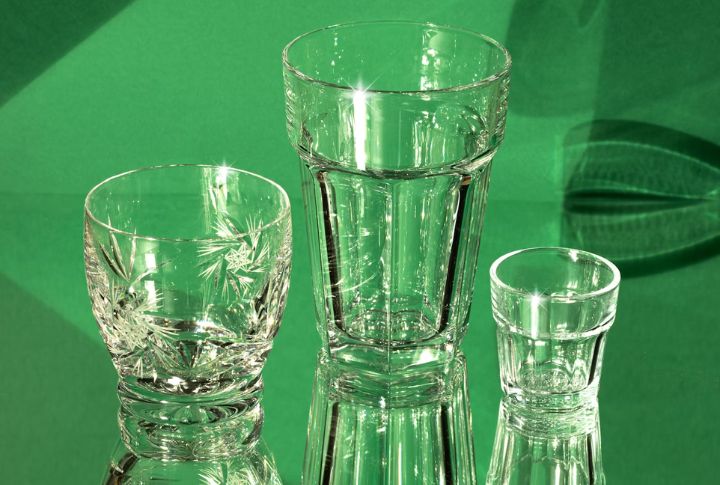
Shot glasses from your Cancun trip might be fun souvenirs, but they don’t solve any real problems. They’re not practical for everyday use and are rarely needed by charities. Instead, donate drinkware that serves a purpose and leave the novelty vacation vibes behind.
Worn-Out Baby Gear
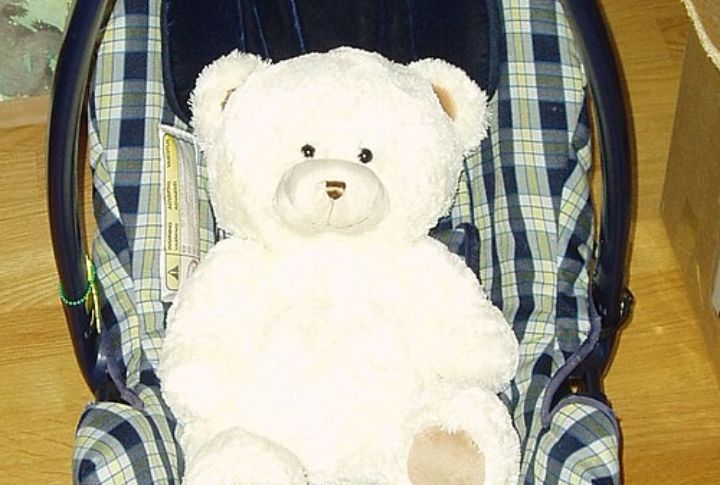
A secondhand car seat might seem like a smart way to save money, but safety regulations tell a different story. Most expire within six years and can’t be reused after a crash. Nonprofits can’t verify their condition, which makes them risky donations. Diapers are the safer bet.
Wedding Dresses

Sure, it’s sentimental, but charities don’t operate bridal boutiques. Most can’t store or properly repurpose wedding gowns. Unless you’re donating to a specific bridal-focused organization, that dress is more likely to sit in a storage unit than start a new story.
Inflatable Mattresses With Slow Leaks
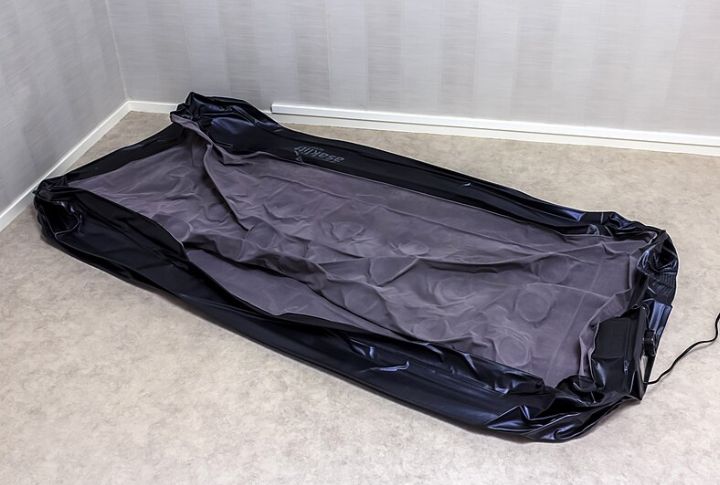
An air mattress that deflates overnight isn’t a reliable place to sleep; it’s a disappointment. Many shelters won’t accept inflatables, and even small leaks make them unusable. So, it’s better to donate sturdy bedding that can withstand frequent use.
DIY Repair Projects

That wobbly chair you thought someone could “just fix” becomes someone else’s liability, especially since most nonprofits aren’t equipped for repairs. Donations should be ready to use and require no extra effort. Broken things belong in your workshop or recycling bin, and never in the donation pile.
